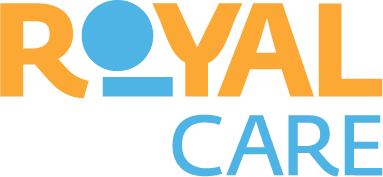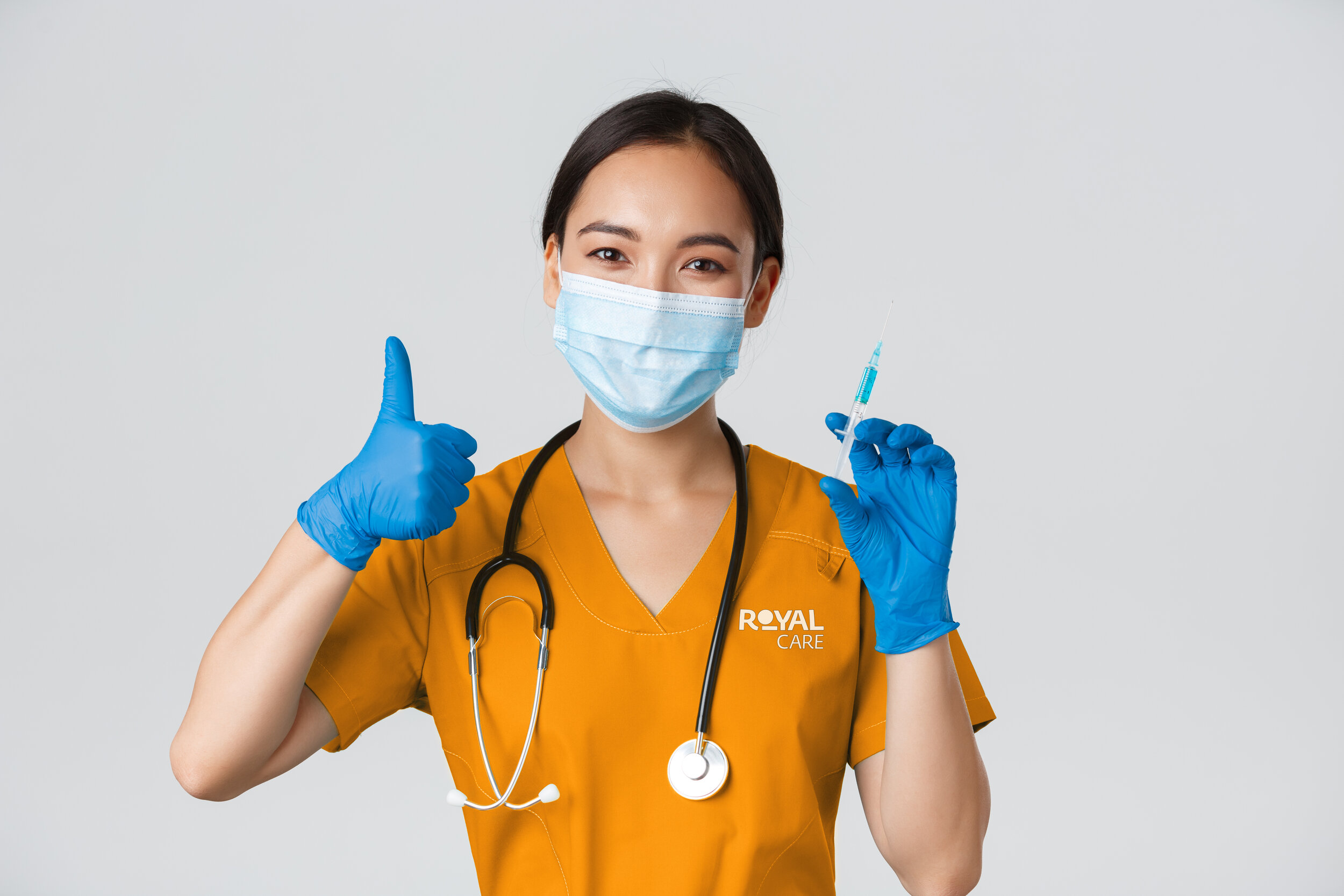COVID-19 Fall 2021 Resource Guide for the Healthcare Community
By Kayla Orange
Throughout the COVID-19 pandemic, we’ve all had to change our daily activities and adapt to new ways of life. Thanks to vaccines and mask mandates, we’ve come a long way. But, it is still essential to practice precaution to prevent the virus from spreading.
As we enter the fall season, healthcare professionals, their patients, and their loved ones can be at a greater risk for infection. Whether you’re a home health aide, nurse, or work in a similar environment, it’s important to protect yourself against the virus by following the most recent recommendations for prevention. To make things easier, we’ve created the following guide detailing the current COVID-19 guidelines for people living in New York.
NYC COVID-19 Guidelines
New York City has implemented specific COVID-19 guidelines to help slow the spread of the virus.
Get vaccinated.
Unfortunately, the number of coronavirus cases in New York City remains high, mainly due to the large number of people who are still unvaccinated. The best way to protect yourself and those around you from COVID-19 is to get vaccinated. There are three vaccines approved and authorized in the United States to prevent COVID-19: Moderna, Pfizer-BioNTech, and Johnson & Johnson / Janssen. All vaccines are safe, effective, and reduce your risk of severe illness.
In New York, everyone 12 and older is now required to show proof that they have received at least one vaccine dose to enjoy indoor activities, including dining, entertainment, and fitness. Fortunately, it has never been easier to get a COVID-19 vaccination in New York City. Many vaccination sites no longer require appointments. Additionally, anyone living in the five boroughs can now register to schedule an in-home vaccine. New Yorkers can also participate in giveaways to get various vaccine incentives, including $100, free tickets, memberships, and other gifts.
Exposed to COVID-19? Get tested to provide an additional layer of safety.
All New Yorkers should get tested for COVID-19, including those who are not at increased risk. If you’ve had close contact with someone diagnosed with COVID-19, you should get tested within 3-5 days after your exposure, even if you don’t have any symptoms.
If you do have symptoms, get tested immediately – regardless of your age, chronic conditions, or occupation – then stay home. Coronavirus symptoms typically appear 2-14 days after exposure and commonly include:
· Cough
· Shortness of breath or difficulty breathing
· Fever
· Sore throat
· New loss of taste or smell
Keep in mind that this list is not inclusive. Other less common symptoms have been reported, including gastrointestinal symptoms, like nausea, diarrhea, and vomiting. Older adults may also show confusion or disorientation and experience falls.
Take precaution, even if vaccinated.
Even if you’re fully vaccinated, all New Yorkers should continue taking precautions against COVID-19. Although infections only happen in a small proportion of fully vaccinated people, it is still possible. The vaccines keep you from getting sick, being hospitalized, or dying from the coronavirus. However, viruses are constantly mutating, and new variants of a virus are to be expected.
One of the most recent known variants, Delta, is much faster than other variants and may cause more severe cases of COVID-19. The delta variant is also infecting a higher percentage of young people than previous strains. To prevent the spread of the delta variant, vaccinated individuals should continue to wear masks indoors and in areas of substantial or high transmission.
Public Transportation
Guidelines for public transportation in New York have remained relatively unchanged. All New Yorkers must wear a mask when commuting. Masks are also required for everyone in public transit, health care settings, schools, and congregate settings, such as nursing homes and homeless shelters. Unvaccinated individuals must wear a mask in all public locations, indoors and outdoors.
Social distancing is strongly recommended for anyone using public transportation. To practice social distancing, keep at least 6 feet of distance between yourself and others and wear a mask or face covering when social distancing is not possible.
Back to School
New York has released updated guidelines for public schools to help keep students and staff healthy and safe. Most importantly, all DOE employees, including school-based staff, will be required to provide proof of vaccination by September 27th, 2021. Vaccinations are also strongly encouraged for all students aged 12 and older. Every unvaccinated person in NYC who is 12 or older can get a free vaccine today at one of the hundreds of vaccination sites around the city.
Every student and staff member must complete the Health Screening Form before entering the school building each day. If an individual is feeling ill, they must stay home and get tested. All students and staff must also wear a mask or face covering when riding on school buses and anywhere on school property, indoors and outdoors, regardless of vaccination status (unless they have a medical exemption). Students who forget their masks will have one provided to them by their school, free of charge. Masks may be removed during lunchtime and during designated “mask breaks,” when students will maintain physical distance from each other.
For more information about COVID-19 precaution and prevention in New York Schools, visit https://www.schools.nyc.gov/school-life/health-and-wellness/covid-information/health-and-safety-in-our-schools.
Tips to Slow Down and Eventually Stop the Virus for Good
COVID-19 has continued to spread, affecting millions of people in the past few weeks alone. However, we can make it through this pandemic by following the Center for Disease Control (CDC) guidelines and getting vaccinated as soon as possible. Here are the top tips we can all follow to help slow the spread of COVID-19 and eventually stop the virus for good:
· Wash your hands frequently
· Practice social distancing
· Wear a mask in public places, even if you’re vaccinated
· Cover your mouth to cough or sneeze
· Ensure good ventilation indoors
For more information on New York’s COVID-19 guidelines, visit: https://www1.nyc.gov/site/coronavirus/index.page
Royal Care Guidelines
All Royal Care home health aides must still wear a mask around clients – regardless of their vaccination status. We strongly recommend that all employees, even those who are vaccinated, take precautions against the virus and new variants by continuing to wear a mask and practicing social distancing in other public places.
Now Hiring Home Health Aides
Royal Care prioritizes the safety of our Home Health Aides by sending PPE and COVID-19 guidelines. Are you interested in becoming a HHA with Royal Care? Visit our website and apply today!








